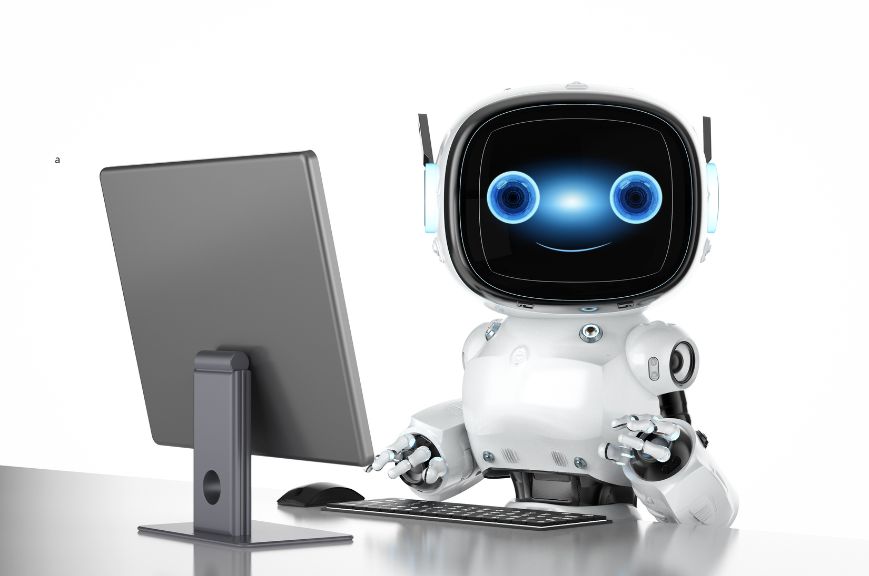Research conducted by IntelliGente Consult reveals the impact of artificial intelligence (AI) in organizations. Among the data obtained in the survey of the consulting and mentoring company specialized in strategies, programs and business projects, 57% of respondents say that from the use of AI there were no changes in their activities, which demonstrates that even before all the technological transformation, human capital stands out in importance for the development of business. The survey, whose majority profile of participants is composed of professionals with good qualifications, working in consolidated companies in the market, also highlights there is no record of layoffs with the implementation of AI.
The IntelliGente Consult survey also shows that 37% of respondents claim that from the use of AI tools, their tasks had “other” deployments and 7% began to assume another function.
“Most respondents of the survey did not observe negative impact on their activities by the use of AI”, says Fernanda Toledo, CEO of IntelliGente Consult. According to the executive, by pointing out the use of artificial intelligence tools, professionals have listed benefits in the execution of work, “which include evolving from operational tasks to more strategic and analytical activities”.
Far from being a futuristic concept, artificial intelligence has reshaped the labor market at a rapid pace. Although in the IntelliGente Consult survey there is no indication of layoffs from the use of AI tools, some activities and functions undergo major transformations. “An example is in the customer service sector, dominated by chatbots and virtual assistants driven by AI”, notes Aline Oliveira, managing partner at Intelligent Consult. Retail Boxes, basic analytical functions, applied to simple finance and reporting, are included in this list.
The perception that large companies are more adherent to AI is not confirmed in the annual report “State of Sales and Marketing Report 2023/2024” conducted by Pipedrive. According to the survey, 42% of small smaller companies (up to 10 employees) use AI against 37% of medium-sized companies (11 to 100 workers) and 23% of large companies (more than 100 employees).
Another study “IA in micro, small and medium-sized companies: Trends, challenges and opportunities”, this time released by Microsoft, indicates that at the top of the main motivations of SMEs is the improvement of customer service and satisfaction. Aligning with competitors, ensuring efficiency, productivity and agility, as well as boosting creativity and relevant work also appear as priorities.
AI contributes positively to work quality (91%), customer satisfaction (90%) and employee motivation and engagement (88%).
In the Intelligent Consut survey, the executives emphasize the importance of human capital. “It is a fact that operations in the most diverse segments are greatly favored by artificial intelligence. However, the development of organizations and the way they are recognized in the market are even more effective when work values people in all their potentialities”, says Aline Oliveira.
In terms of the willingness of small and medium-sized companies to use AI, Fernanda Toledo notes that it is fundamental for the manager to always consider hiring a cheaper tool, considering that artificial intelligence applied to the business does not develop alone and depends on human analysis.
Executives also emphasize the role of organizations in training and preparing professionals. “Only with knowledge and full technical development will people be able to use AI tools in favor of their skills and, consequently, of the business”, says the CEO.
Even though it is an increasingly used resource, according to Aline Oliveira the incorporation of artificial intelligence is a challenge faced by SMEs.“To better perform business, without this impacting on job losses, hiring a consultancy that makes an intelligent planning is strategic for these companies”, he says.
For IntelliGente Consult executives, just as artificial intelligence opens opportunities for sectors that demand complex decision-making, small and medium-sized entrepreneurs need to consider emotional intelligence and creative skills.“No machine can replicate these attributes, and understanding peculiarities applied in each branch is crucial for the maintenance and future of the” business, concludes Fernanda Toledo.


